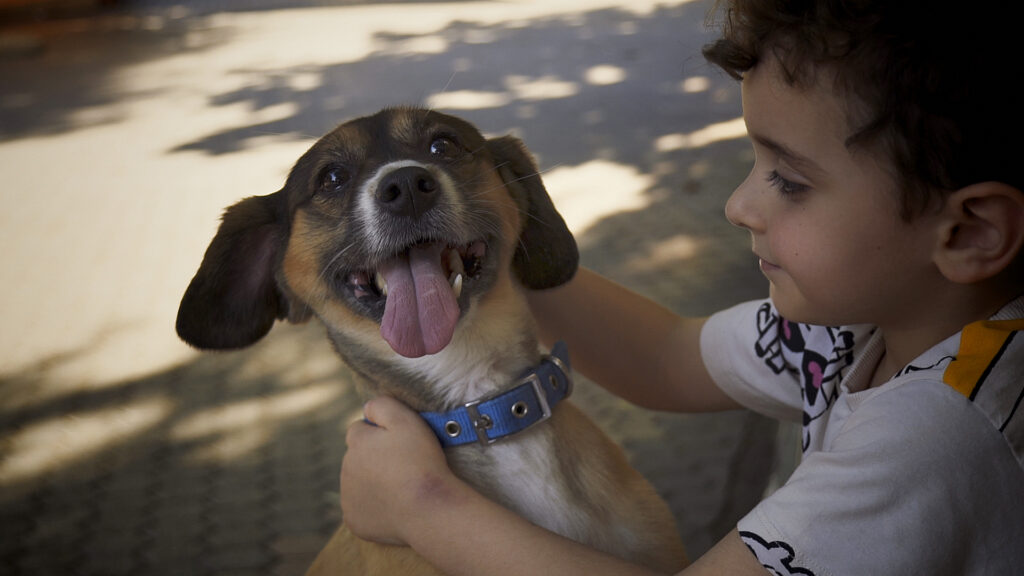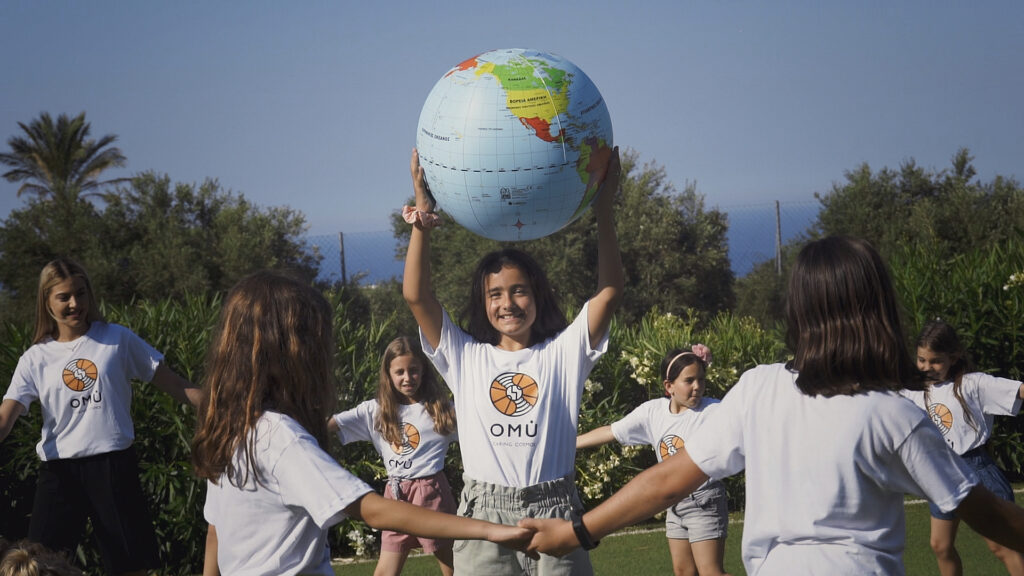It’s official: #WeAre1 expands empathy beyond the classroom
New research shows learning to care in the classroom leads to wider, empathic behaviours among primary children.
The research study published this month finds a strong, scientific link between learning about kindness through animal-based themes and the development of empathy for fellow humans. It’s a significant result for the field of humane education, adding credibility to parallels between attitudes towards animals and people.

Although previous studies have already shown that social and emotional development through mindfulness and caring for others improves empathy on a wider scale, the link with animals and nature is an important win.
The study by William Ellery Samuels tested the effectiveness of a year-long education program among 600 five and six year old students across six schools in four cities in China. It found that the children who participated showed improved empathy – both affective and cognitive. Affective empathy is the ability to actually feel what others are feeling, while cognitive empathy is the ability to understand another perspective, and how someone might feel. The program had a greater impact on affective empathy, accelerating typical development among children of this age. Cognitive empathy tends to develop further with maturity.
Known in China as Caring for Life Education, ACTAsia’s program forms the foundations for #Eimaste1 (#WeAre1 in English), OMU’s own educational curriculum for Greek schools. Apart from a few cultural adjustments, the classes reflected in this Chinese study are essentially the same lessons.
Our goals are to help children develop critical thinking, compassion, and a sense of responsibility for animals, people, and the environment. The content is based on the United Nations Educational, Scientific and Cultural Organization’s (UNESCO’s) Four Pillars of Education, encompassing social welfare and citizenship, animal welfare, and environmental issues. Each teacher participating in Greece undergoes training to learn about the topics and strategies they will use.

The study shows the program is particularly effective for those children whose affective empathy was low to begin with, suggesting the lessons could make their biggest impact in a demographic where low empathy is a particular problem.
‘Those who began with lower levels of affective empathy tended to respond better to the program than those with initially higher levels,’ states Samuels’ study.
‘More research is needed to investigate the potential that several have argued, that animal-based education programs improve human-directed empathy among children… Although Siu et al. (2012) found similar relationships between empathy and prosociality among Hong Kongese children, very little research has studied empathy – let alone ways of promoting it – in Far Eastern cultures.’
60 educators have already qualified to teach #WeAre1 in Greece, and we hope for a time when every primary school in Greece will help our children to become caring global citizens, with a strong sense of empathy and responsibility for our planet and all who share it with us.
You can read the full study here.


